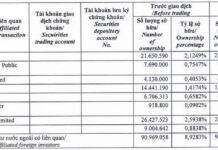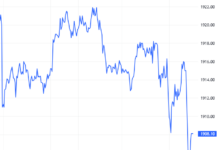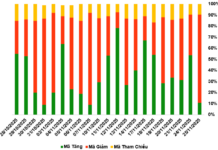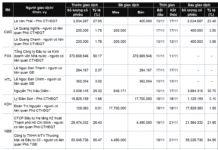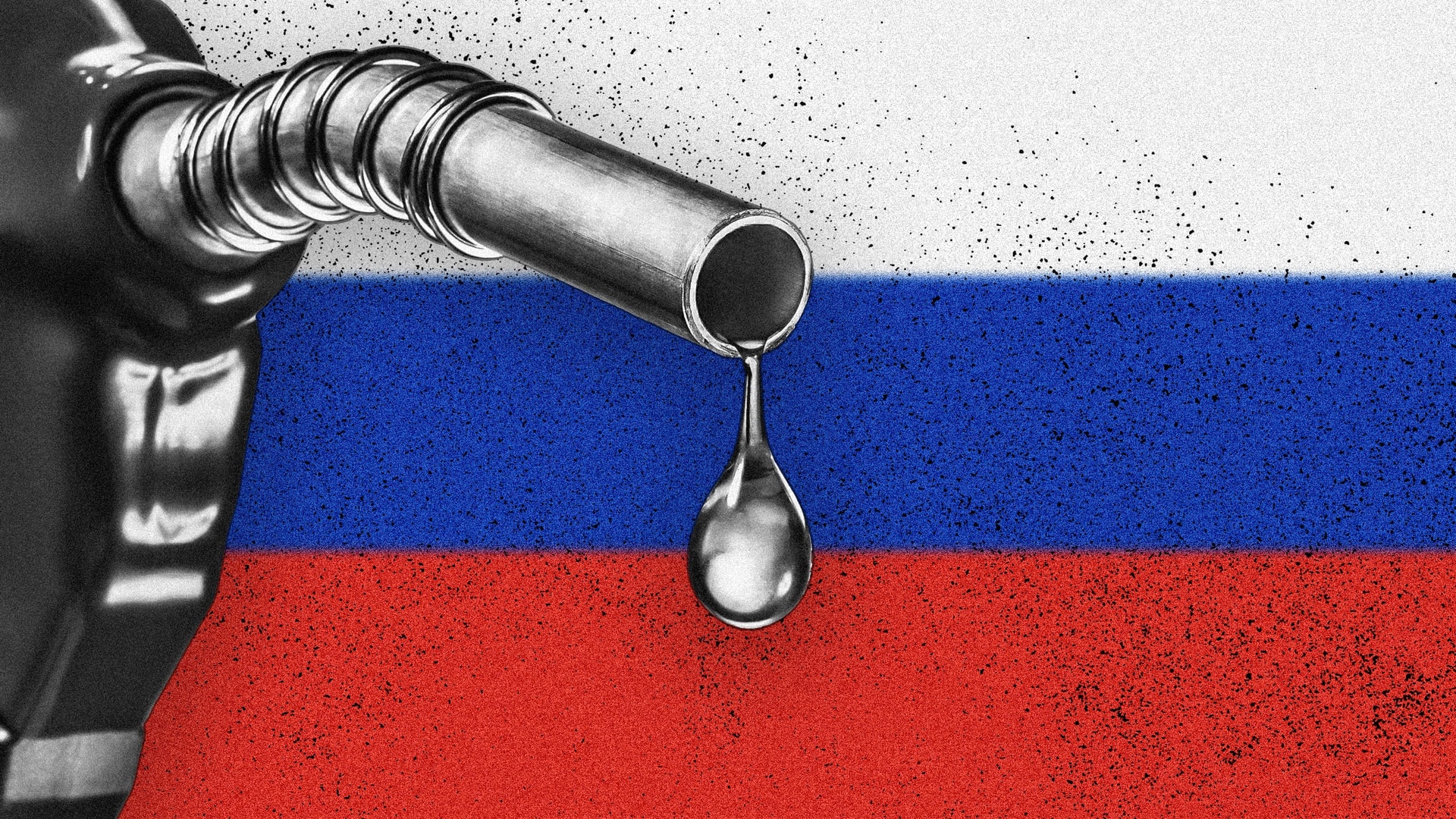
Illustrative Image
New U.S. sanctions targeting the global operations of Russia’s two largest oil giants, Rosneft and Lukoil, have officially taken effect. This has left approximately 48 million barrels of Russian crude oil, primarily Ural and ESPO grades, aboard nearly 50 tankers in search of new destinations.
These shipments were originally slated for China and India, but some vessels now show no final destination, raising the risk of being “stranded” at sea in the coming period. This is considered one of the toughest sanction rounds imposed by the U.S. to date.
Despite supply chain risks, Russia’s oil exports remain steady at around 3.4 million barrels per day. However, according to Warren Patterson, Head of Commodities Strategy at ING, the oil has yet to reach its intended destinations. If this situation persists and intensifies, global supply could be impacted. JPMorgan estimates that roughly 1.4 million barrels per day—equivalent to one-third of Russia’s exports—are currently stuck on tankers awaiting buyers.
News of this situation has caused global oil prices to drop immediately, indicating market expectations that the sanctions may not be long-lasting. Russia’s oil export revenues are under significant pressure. In the four weeks ending November 16, Russia earned an average of $1.22 billion per week from crude oil exports—the lowest since March 2023 and a nearly 20% decline from $1.48 billion in late October.
Last week, Ural oil prices fell to around $36 per barrel, with a discount of up to $23 per barrel compared to Brent—the highest in two and a half years. These deep price cuts and substantial discounts are weakening Russia’s oil-dependent budget revenues.
Ahead of the sanctions fully taking effect next month, Asian refineries—which account for 90% of Russia’s seaborne crude exports—have reduced imports. According to Rystad Energy, China cut its Russian oil purchases by two-thirds in December. In India, the five largest refineries have halted purchases of Russian-origin oil. Meanwhile, Russian ports continue to load oil at a rate of 3.29 million barrels per day during the week ending November 16, further increasing the volume of oil without a destination.
The International Energy Agency (IEA) warns that the new sanctions could have the most far-reaching impact yet on the global oil market, heightening the risk of reduced Russian output in the medium term.
Vandana Hari, founder of Vanda Insights, notes that this round of sanctions differs due to the fear factor injected into the market, making traders more cautious.
Amid a complex geopolitical landscape, the global energy market may continue to experience volatility. If sanctions persist and are strictly enforced, Russia’s supply could significantly decrease, putting pressure on dependent nations, particularly in Asia. Conversely, if negotiations progress, the stranded tankers could soon find ports, minimizing market disruption.
Source: Oilprice
Russia’s Oil Exports Surge as Deadline for U.S. Sanctions Looms
Imports of Russian oil into India are surging, marking a significant shift in global energy dynamics. This trend underscores India’s strategic diversification of its energy sources, leveraging cost-effective alternatives amidst geopolitical tensions. As a result, Russia has emerged as a pivotal supplier, reshaping trade patterns and reinforcing India’s energy security.
















